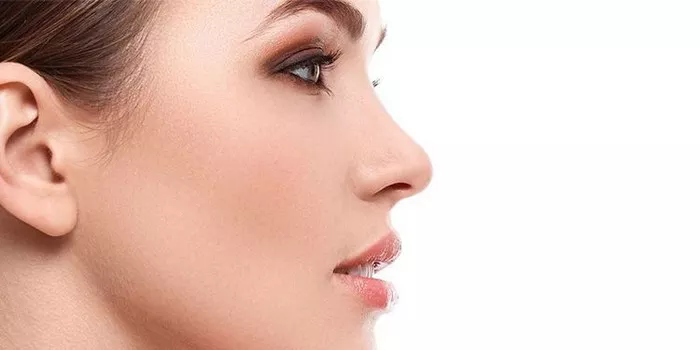Rhinoplasty, commonly known as a nose job, is a surgical procedure that is performed to reshape the nose and improve its function. After rhinoplasty, patients are often curious about when they can resume their normal activities, such as kissing. In this article, we will discuss the timeline for resuming kissing after rhinoplasty and what patients can do to promote a speedy recovery.
The Healing Process After Rhinoplasty
After rhinoplasty, the healing process can take several weeks to several months, depending on the extent of the procedure. In general, the first week after surgery is the most critical for healing. During this time, patients will experience swelling, bruising, and discomfort. It is important to follow the post-operative instructions provided by the surgeon to ensure proper healing.
The healing process after rhinoplasty involves several stages, including the initial healing of the incisions, the reduction of swelling and bruising, and the final reshaping of the nose. The timeline for each stage can vary depending on the extent of the procedure and the individual patient.
When Can I Resume Kissing After Rhinoplasty?
Most surgeons recommend that patients avoid kissing for at least two weeks after rhinoplasty. During the first two weeks, the nose is still healing, and any pressure or movement could disrupt the healing process. Additionally, kissing could introduce bacteria to the nose, which could increase the risk of infection.
After the first two weeks, patients may be able to resume kissing, but they should still be cautious. Patients should avoid any vigorous kissing or any kissing that puts pressure on the nose. Additionally, patients should avoid any activities that could cause trauma to the nose, such as contact sports or heavy lifting.
By the end of the third week, most patients will see a significant improvement in the appearance of their nose, and the bones will be much stronger. At this point, patients can resume most normal activities, including kissing. However, patients should still be cautious and avoid any activities that could cause trauma to the nose.
By the end of the sixth week, the bones of the nose should be fully healed, and patients can resume all normal activities, including vigorous kissing. However, it is important to continue to follow the post-operative instructions provided by the surgeon to ensure proper healing.
Tips for Promoting Healing After Rhinoplasty
There are several things that patients can do to promote healing after rhinoplasty. These include:
Follow the post-operative instructions provided by the surgeon, including any restrictions on activities or medications.
Avoid smoking or using tobacco products, as these can slow down the healing process.
Eat a healthy diet rich in vitamins and minerals to promote healing.
Get plenty of rest and avoid strenuous activities that could cause trauma to the nose.
Use cold compresses or ice packs to reduce swelling and bruising.
Attend all follow-up appointments with the surgeon to monitor the healing process.
Be patient and allow the nose to heal fully before resuming normal activities.
Complications That Can Affect Healing After Rhinoplasty
Although rare, complications can occur after rhinoplasty that can affect healing. These include infection, bleeding, and poor wound healing. Patients should monitor their incisions for signs of infection, such as redness, swelling, or discharge. If these symptoms occur, patients should contact their surgeon immediately.
Bleeding can also occur after rhinoplasty, especially during the first week after surgery. Patients should avoid blowing their nose or sneezing forcefully, as this can cause bleeding. If bleeding occurs, patients should sit upright and apply pressure to the nose for at least 10 minutes. If bleeding persists, patients should contact their surgeon.
Poor wound healing can also occur after rhinoplasty, especially in patients who have underlying health conditions or who smoke. Patients should monitor their incisions for signs of poor healing, such as slow healing or the development of a scar. If these symptoms occur, patients should contact their surgeon.
Conclusion
After rhinoplasty, patients should avoid kissing for at least two weeks to allow the nose to heal properly. After two weeks, patients can resume kissing, but they should still be cautious and avoid any pressure or movement that could disrupt the healing process. By following the tips outlined in this article, patients can promote healing and achieve the best possible results from their rhinoplasty surgery. If any complications occur during the healing process, patients should contact their surgeon immediately.


